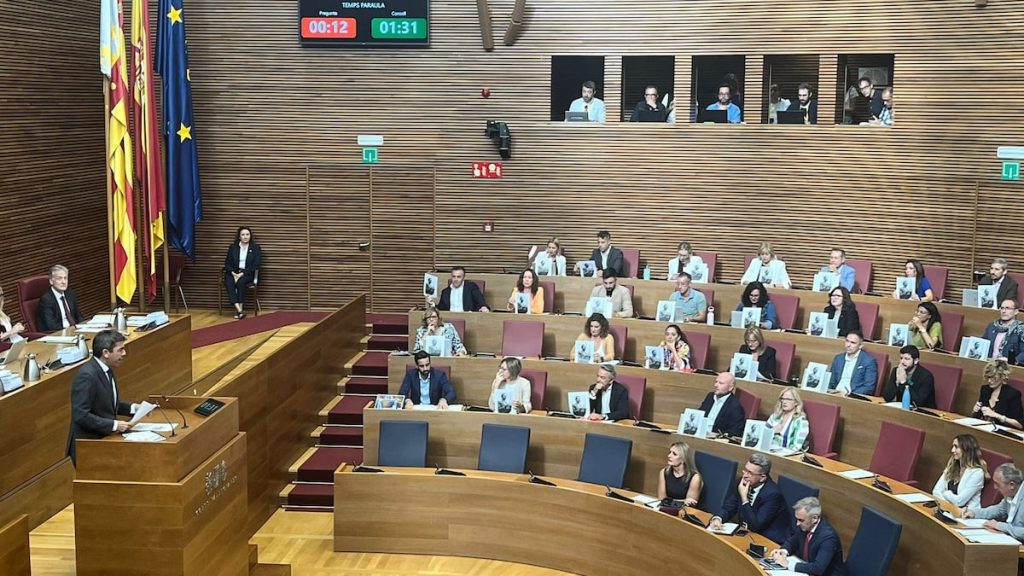The Minister of Territorial Policy and Democratic Memory, Ángel Víctor Torres, has signed 29 declarations of reparation for individuals who suffered persecution and violence for political reasons during the dictatorship. These documents will be delivered on October 31st in an event in Madrid and include the annulment of judicial processes and the illegitimacy of the courts. Among those being recognized is Miguel Hernández, whose daughter-in-law, Lucía Izquierdo, has been invited to the event through a phone call from the Secretary of State for Democratic Memory, Fernando Martínez. This process, initiated by researcher Joan Pámies, has been met with controversy, with support from some institutions such as the Elche City Council and the Valencian Government, while facing rejection in Orihuela, the poet’s hometown.
The declaration, presented by a specialist in Miguel Hernández’s life and work and signed by family members, outlines the unjust judicial process that led to the poet’s death sentence. It argues that the trials against Hernández were based on ideological grounds and lacked legal rigor. His death in prison due to tuberculosis is described as a deliberate act of negligence, essentially an “assassination by omission”. This narrative challenges the official version of events and seeks to restore Hernández’s reputation and memory, deeply entwined with his political beliefs and support for the Second Spanish Republic.
The political controversy surrounding Miguel Hernández’s legacy has ignited debates in local councils, such as in Orihuela and Elche, where motions calling for acknowledgment and reparation for the poet have divided council members. The opposition, consisting of socialist and progressive parties, has supported these initiatives, while conservative and far-right representatives have opposed them. The refusal to recognize Hernández’s political stance and the greater historical context in which he lived reflects deeper ideological divisions within Spanish society, with some parties seeking to downplay the poet’s political activism.
The legacy of Miguel Hernández, renowned for his poetry and commitment to his ideals despite persecution and censorship, has become a symbol of resistance against totalitarianism and injustice. His poems, such as the famous ‘Elegy’, reflect his deep emotions and the turbulent times in which he lived. The international recognition of Hernández’s work and the enduring relevance of his political stance underscore the importance of remembering and honoring his memory, especially in the face of attempts to erase or distort his legacy.
The efforts to secure reparations for the victims of Francoist repression, including Miguel Hernández, highlight the ongoing challenges faced by Spain in confronting its past and acknowledging the atrocities committed during the dictatorship. The political debates and controversies surrounding the recognition of figures such as Hernández reveal deep-seated divisions and differing interpretations of history among the Spanish population. Despite the resistance from some quarters, the push for truth, justice, and memory remains a key aspect of Spain’s democratic transition and ongoing process of reconciliation. Miguel Hernández’s story continues to inspire and challenge the country to confront its past and build a more just and inclusive society.















